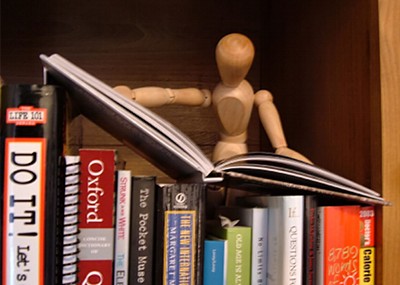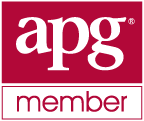Motivation Monday: Always More Info
I’ve slacked a bit on the blog front, but a few motivational things have been pushing forward at the same time:
WDYTYA? — While NBC is currently rerunning some of the Season 2 episodes of the US edition of Who Do You Think You Are?, I’ve been watching my own DVD reruns of some favorite BBC editions, such as:
- Robert Lindsay, of “My Family”, “G.B.H.”, and “Citizen Smith”, who found (or was shown) the burial record for an aunt who died in infancy on the anniversary of the burial, and followed the family story of a grandfather who had been “blown up twice” in WWI, tracing his service to Gallipoli, an eye-witness diary of the event, and an underwater wreck of a boat that matched the description (though many others may have been sunk similarly).
- John Hurt, of The Elephant Man, Midnight Express, and Alien, armed with an affinity for Ireland and family lore about an ancestor’s titled lineage that proved untraceable at best or fraudulent at worst. But genealogical proof is not required to continue feeling an affinity to one’s own home.
- Colin Jackson, World Record and Olympic Medal holder in hurdles, started with a DNA test before heading to Jamaica to trace an ancestor who was born into slavery and became a land owner, and another via Panama whose body was exhumed and reburied in a community grave after no relatives could be contacted to continue paying for her original plot.
If you have the ability to play European Region-2 DVDs (either a spare DVD-ROM that can be set to that region or a Region-Free player1), the BBC series/seasons are highly recommended. They are deeper than the first season of the US edition, as they lack the repeated “coming up” and “recap” clips, and often include BBC stock footage of appropriate historical context.
Business Planning — My local state and city laws require business licenses to do anything “for gain, profit or advantage”, so I’ve been plugging away at those before listing a services page here. Since I also live in a state with a sales tax, which also applies to “digital” works as well as the classic “tangible” goods, that’s another thing to pin down where needed.
Of course, some general business reading or genealogy podcast listening helps, too. More on that next time.
Always More Names — One long-standing spare-time personal project has been to add information from three Norwegian bygdeboker (parish histories) from my paternal grandparents’ home parishes to my genealogy database. Two of these were my grandfather’s, and another (for my grandmother’s parish) was purchased through a Swedish used book store.
The busiest work is going through one that contains family-group genealogical information for a whole parish (with the occasional gap mentioned earlier). Lately I’ve been tackling that book a few full pages at a time instead of my older method of jumping around, recording only the individual families I was interested in at the time — and going back to a page when a “neighbor” entry turns out to be family, too. At best it’s a practice in delving into relevant-but-incomplete records, especially when compared to the next section.
Giving Back — Indexing Norwegian parish books for DigitalArkivet (The National Archives of Norway), at least for those I can reliably read, helps get these into searchable databases, and certainly adds to my own experience in transcribing for myself and others. And it helps when asked to look at the handwriting in books I haven’t had need to peruse until recently.
Another indexing project for those interested is FamilySearch Indexing, run by The Church of Jesus Christ of Latter-day Saints and their extensive Family History Centers.
1 While some of the BBC episodes can also be found on uploaded-video sites, I prefer to recommend supporting official releases; and since the BBC blocks video access to areas outside its realm, that usually leaves import DVD as the only officially available version.




